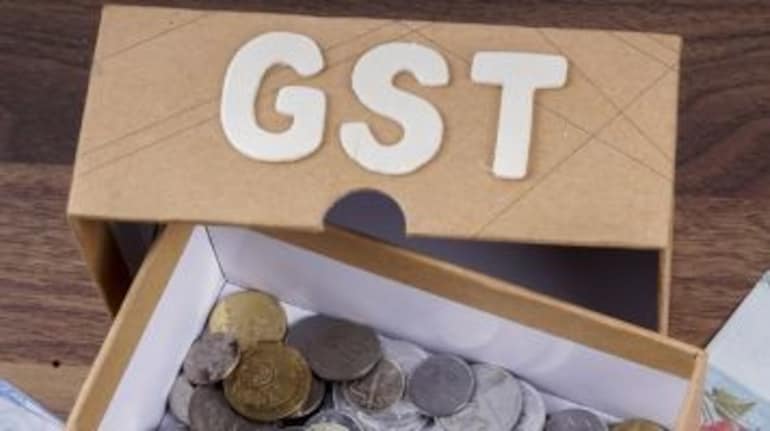



Moneycontrol BureauThere is a real risk that we might be overplaying the impact of GST on the economy, caution IIFL analysts Ashutosh Datar and Amit Tiwari.“While the transition to GST is important and beneficial to the economy, theGST is not, as we have heard from a few people, ‘the single most important economic legislation since independence’,” write the duo.“Economic reforms are a process and not a destination. There is not a one single measure that will solve all our economic problems overnight,” says the IIF report.In their report, Datar and Tiwari do a reality check on some of the radical changes that people are expecting the GST to bring about.Edited excerpts from the report:Theory: GST will boost GDP growth by 1-2ppt (in perpetuity)Reality: Long-term economic growth comes from a combination of two things – more investments (physical or intangible) and/or improved productivity. As businesses align to new tax structure, there is likely to be a step-up increase in output pushing up growth rate, but it cannot continue in perpetuity.Theory: GST will ipso facto benefit the organised sector at the expense of the unorganised sectorReality: The assumption that just because the competitor is small, it is unorganised and just because it is unorganised, it competes by evading taxes is too simplistic.The key factor that is expected to benefit the organised sector under GST—input tax credit—already exists for goods under the current taxation structure, as manufacturers get credit for excise duty paid on inputs.True, the current chain of input tax credit--especially for services--is not as perfect and seamless as it will be under GST. But at least for goods trade the change will largely be incremental.The GST structure will have exemptions. The input tax chain will be broken whenever businesses are either buying from or selling to industries not covered under GST. So, the organised/unorganised logic will also break down in these cases.Theory: GST will eliminate border check posts and speed up the movement of goods across the countryReality: State borders are not going to be closed following GST. This is because many items such as petroleum and alcohol will continue to see state-level taxes rather than GST. State checkpoints also exist for other reasons such as security. Then there is the case of poor road infrastructure, which slows down movement of goods. On balance, although GST will speed up movement of goods across state borders, expecting a significant closing of the gap vis-à-vis developed countries or China, overnight is taking it way too far.Possible negative impacts of GSTWhile GST will compress supply chains (by making them efficient through optimal location of warehouses etc.), it will actually reduce output to that extent due to inventory destocking. This is good for productivity in the economy and for cash flows for businesses. However, statistically at least, it is not good for growth.GST is designed to collect the same amount of taxes as before and redistribute the tax burden better. This could lead to a lower rate of tax for organized players as more number of smaller players will have to pay the tax (they were supposedly evading). If the profitability of smaller players reduces, how does that impact their consumption/investments? Is the marginal propensity to consume/invest more for smaller (unorganised) businesses in general than for larger businesses, is it lower, or is it the same?
Discover the latest Business News, Sensex, and Nifty updates. Obtain Personal Finance insights, tax queries, and expert opinions on Moneycontrol or download the Moneycontrol App to stay updated!
Find the best of Al News in one place, specially curated for you every weekend.
Stay on top of the latest tech trends and biggest startup news.